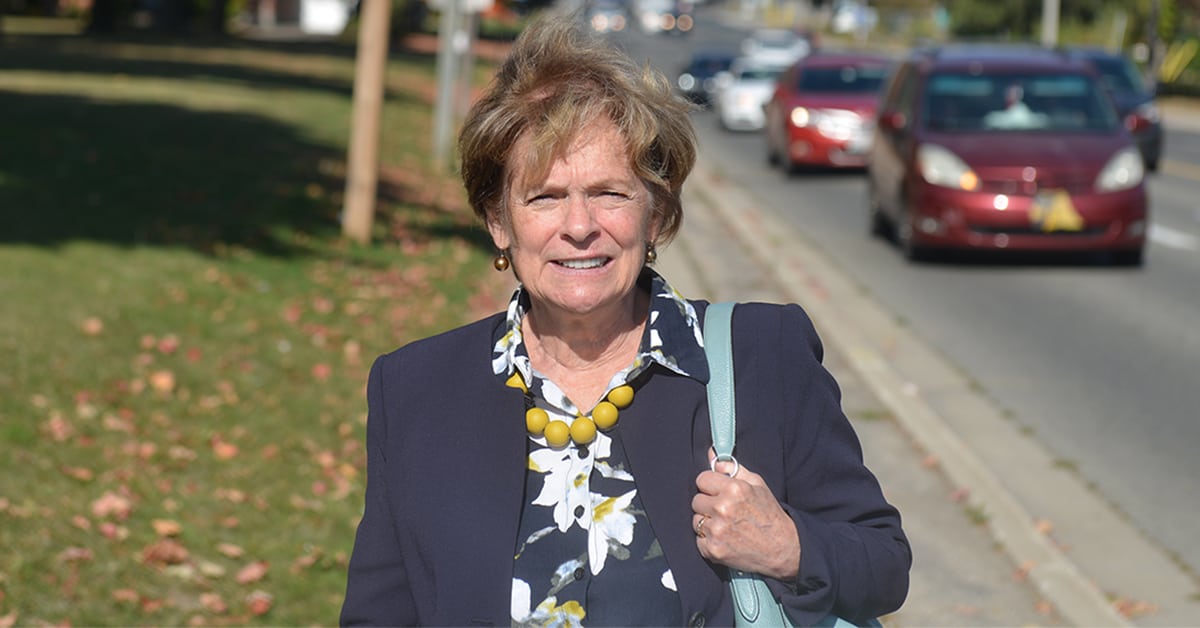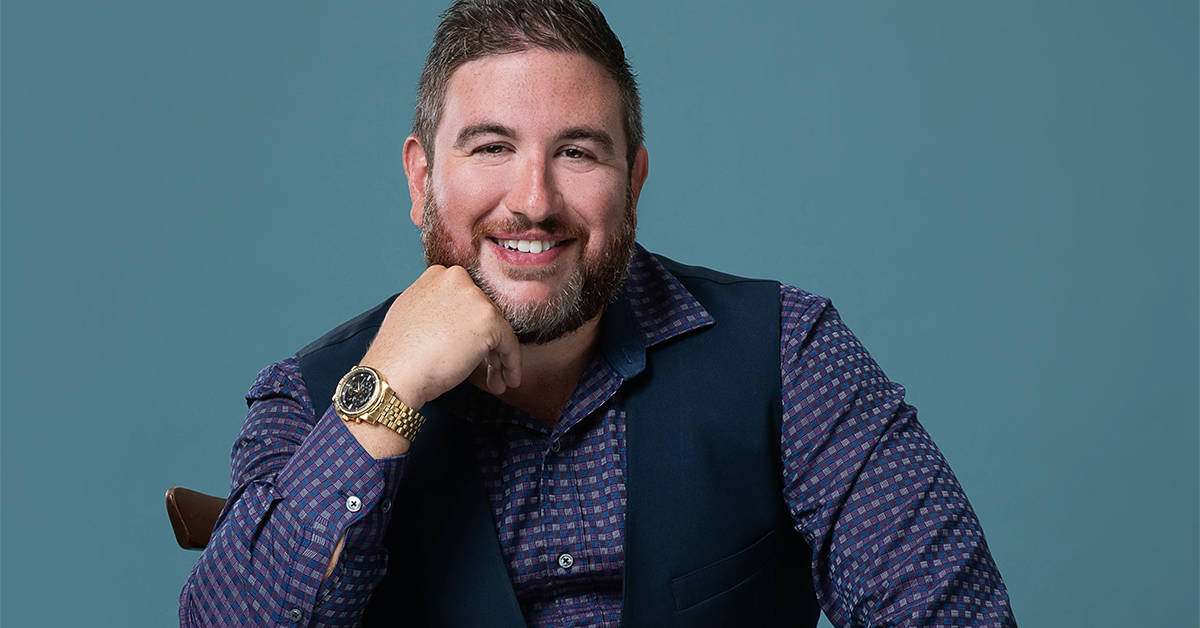When local voters go to the polls for the municipal election October 24, they’ll have three candidates to choose from in selecting someone to head Waterloo Region council.
Along with incumbent Karen Redman, the field includes Brendon John Da Costa and Narine Dat Sookram.
A former Liberal MP, Redman was first elected to the chair’s position in 2018.

“I have always looked at public life as a public service. I think these last four years have really demonstrated that we have an amazing community. I’d like to [continue to] serve in this capacity, and also see so much potential in our near future and our distant future,” Redman said.
If re-elected, her first goal would focus on the interconnectedness of the region.
“Looking at the infrastructure for King-Victoria transit hub, finishing the LRT to Cambridge, looking at the GO station in partnership with Metrolinx. Also looking at the rail connection between Cambridge and Guelph. All of those things are key building blocks to how we go in the future,” she said.
For the townships, Redman pointed to the recently updated regional official plan that includes building towards the idea of 15-minute communities.

“That’s somebody that can live in Woolwich and Wellesley, work and play, raise their family, buy groceries, and access professional services. And all of those things need to continue to be a focus as we move forward, in what we know will be a huge continued growth of residents being attracted to the townships and into the region as a whole,” she said.
According to a University of Ottawa study, Waterloo Region will need to have nearly 80,000 new homes by 2031 to meet demand. Redman suggests the region is on track to meet that target.
“When we look at housing, there’s a huge broad continuum, and it goes through people that need shelter, they need supportive housing, interim housing, we’re investing in all of those,” she said.
Rising inflation rates are adding to the ongoing affordability crisis.
“The region is subject to the same kind of inflation… prices as everybody else. So there is no doubt that construction is more expensive. We face the same challenges developers do when they’re building houses, looking at skilled trade, people, looking at supply chain issues. So I mean, all of those things contribute to how we provide the services to residents,” she added.

As for the possibility of a truck bypass for Elmira, Redman didn’t provide a date of when she sees it happening, however it needs to be addressed by the next council, she said.
“I don’t have a crystal ball, but I know that it’s a priority. I know it’s something that we’ve talked about. It’s been on the drawing board for longer than it probably should have been.”
Currently working as a financial planner, Da Costa would plan to “future proof” the region by improving public transit and road infrastructure, while also “reinvigorating” the small business industry.
Da Costa also envisions “a Waterloo Region where all of the townships are no longer neglected.”
“I want to provide an alternative voice to the residents of Waterloo Region, one that doesn’t adopt the status quo of your typical politician. I’ve spoken with so many who feel no one is standing up for their views, and so I offer a choice for change,” he said.
Da Costa would aim to bring in enhanced public transit, better waste and land management, stronger digital infrastructure and better coordination between residents and city planners to the townships.
Addressing the homeless encampments in the region De Costa said they cannot continue in their current state as they are not sustainable or safe.
“We must develop a long-term solution that tackles the root causes for homelessness: mental health, addiction, and affordability. We must develop a sustainable residence that is properly located, contains interim housing opportunities, but most importantly is equipped with fully funded and staffed mental health and addiction centers,” he said.
According to Da Costa the federal government cannot be relied on to provide concise information on where Waterloo Region falls in their plan to address the crisis, which means local solutions, such as cutting red tape, are needed.
“We need to cut the red tape of the bureaucracy and prevent projects from being slowed down. We can also attract more developers by cutting fees under the obligation that projects are completed expediently,” he explained.
With the right infrastructure and transit in place the townships will become attractive area for homeowners, Da Costa said.
To tackle the issue of affordability Da Costa would focus on leveraging proprietary taxes. This would include reducing property taxes for landlords in Waterloo Region proportionally to a reduction in market rent to their tenants, developing small residential neighbourhoods to be sold exclusively to Waterloo Region residents who are eligible first time home buyers at cost and on a first come basis. He would also eliminate blind bidding and remove property taxes for the first five years of home ownership.
He would also look to increase property taxes on non-Waterloo resident investors looking to purchase homes here.
“One of the largest contributors to affordability is the rental bubble that has occurred due to renters being priced out of home ownership – moving them into ownership opens up the supply of rental units, and will lower the price overall, improving affordability at the local level, as we cannot taper inflation regionally,” he added.
Narine Dat Sookram previously ran as the NDP candidate for Kitchener-Conestoga in the 2021 federal election, he ran for Kitchener city council’s Ward 5 in 2010, and for Kitchener mayor in 2018. He also notes he ran as an independent candidate in a provincial election.
Sookram is a registered social worker with the Ontario College of Social Workers. He says his experience in this role is what pushed him to run for regional chair, and also because of watching regional politics during his years living in the region.
“I’ve seen poor leadership,” he said. “I also see a big disconnect when it comes to politicians and the people. And me being in this kind of profession, social worker, my job is to basically close gaps as I see them. Because of my passion, and so on, and all of the pieces, my educational pieces as well, too, I realized that I’m a perfect fit, actually, to try to close some of these gaps.”
Sookram says he believes the regional chair needs to be someone with strong leadership skills, who is able to bring the regional councillors together, “so that we can solve issues together,” he said.
Sookram says he holds over a dozen postsecondary degrees, including a master’s in social work. He says he is currently finishing his doctorate in social work, and has spent extensive time volunteering.
“The very first thing I will do to solve any issue, whether that be cost of living, whether that be housing, homelessness, whatever the case may be, it will first start with having, obviously, a good plan in place.”
The housing crisis is certainly a top-of-mind issue just now.
“As the leader, I will first have to analyze the data and conduct an assessment to understand the need. Meaning, we need to know who is coming in and what skills/resources they have so that we can create a plan that works. Again, my style of leadership is not a one-way communication type. I will not move forward with anything without giving the opportunity to all regional councilors, staff, and the constituents and the broader community to make their contribution.”
To tackle rising crime in the region, Sookram said, “I am one of those leaders that will look at the root cause of the problem. Police will need additional support in dealing with the crimes. For example, the ones that are mental health-related will need to be addressed by just a professional. This will make life much easier for police officers and it’s a step forward to getting to the root cause of the problem.”









